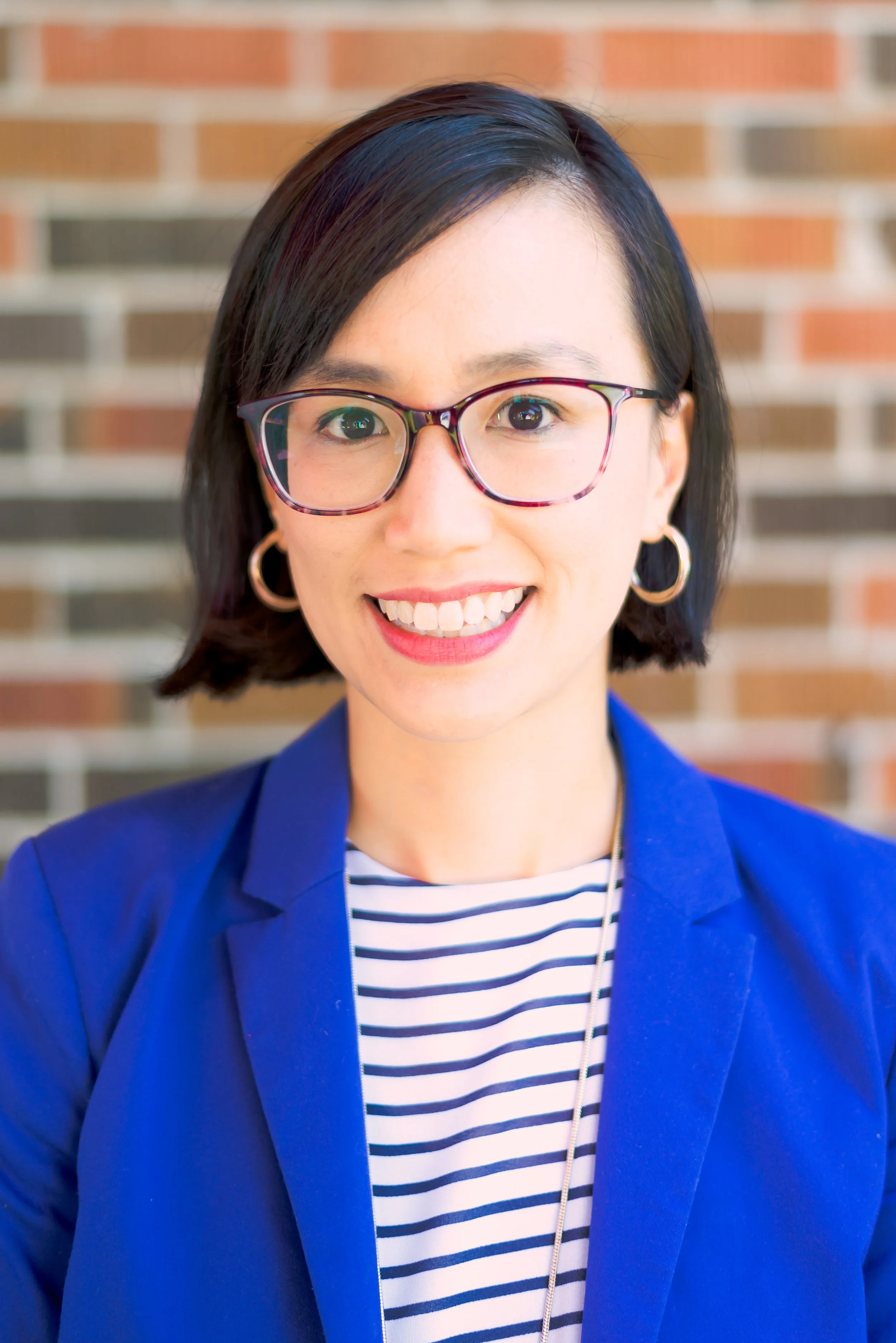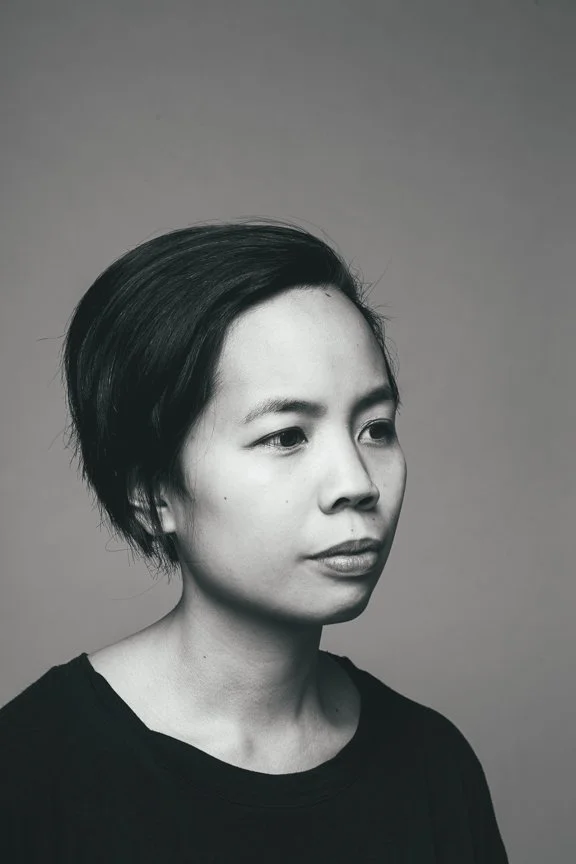Elusive Desires: Ness Lee + Florence Yee
This is a catalogue of an exhibition held at the Varley Art Gallery of Markham, September 25, 2021 to January 2, 2022. It includes the curatorial essay by Marissa Largo, along with two critical pieces written by Casey Mecija and Elisha Lim.
Photography by Toni Hafkenschied.
Design by Julie Scriver of Goose Lane Editions.
72 pages. $20.
Please fill out the form below to order one now
We acknowledge the generous support of the Varley-McKay Art Foundation of Markham, Ontario Art Council, Canada Council for the Arts, TD Bank Group, and the City of Markham.
Contributors
Marissa Largo
Marissa Largo (she/her) is a scholar, curator, and artist whose work focuses on the intersections of race, gender, settler colonialism, and Asian diasporic cultural production. Her forthcoming book, Unsettling Imaginaries: Filipinx Contemporary Artists in Canada (University of Washington Press) examines the work and oral histories of artists who imagine Filipinx subjectivity beyond colonial logics. She is co-editor of the ground-breaking anthology Diasporic Intimacies: Queer Filipinos and Canadian Imaginaries. She serves as the Canada Area Editor of the Journal of Asian Diasporic Visual Cultures and the Americas. Marissa is an Assistant Professor in the Department of Visual Art and Art History at York University.
Elisha Lim
Elisha Lim (they/them) is a third-year PhD candidate in social media and critical race studies at The University of Toronto. They have published their research in Social Media & Society, four edited collections, popular media like The Daily Beast, hyperallergic, Bitch Magazine and Documenta Journal, and earlier this year they gave a Tedx talk on their research. Elisha's award-winning queer art and community activism is documented in Duke University Press monographs by Leslie Bow and Eliza Steinbock.
Casey Mecija
Casey Mecija (she/her) is an Assistant Professor in the Department of Communication and Media Studies at York University and holds a PhD from the University of Toronto. Her current research theorizes sounds made in and beyond Filipinx diaspora to make an argument about a “queer sound” that permeates diasporic sensibilities. Drawing on sound studies, queer diaspora studies and Filipinx Studies, her research considers how sensorial encounters are enmeshed and disciplined by social and psychic conditions. Her work suggests that artistic production enables diasporic people to create forms of belonging that defy racialized ascriptions born from racism, colonialism, and their gendered dimensions. She is also a musician and filmmaker, whose work has received several accolades and has been presented internationally.




